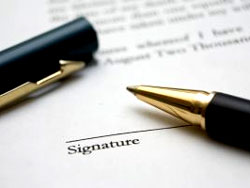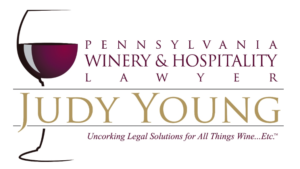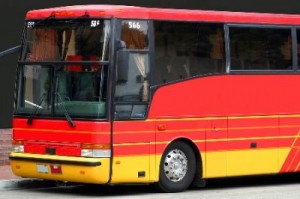A couple of friends of mine have recently gone into business by purchasing a  franchise. One friend purchased a pizza franchise while the other purchased a computer repair franchise. Each is reaping the benefit of investing in an existing business model and brand for which the corporate name, logo, products, services, business and marketing processes are already in existence.
franchise. One friend purchased a pizza franchise while the other purchased a computer repair franchise. Each is reaping the benefit of investing in an existing business model and brand for which the corporate name, logo, products, services, business and marketing processes are already in existence.
Perhaps you too are considering opening a wine or hospitality business by purchasing a “franchise”. Maybe you already own a successful wine or hospitality business model that you would like now to franchise. If so, franchising may be your path to business.
When purchasing a franchise, while you don’t own the business, you own the rights to do business under the existing brand of the original business owner. Alternatively, as an owner of a franchise, you have an opportunity to grow your existing brand as other franchisees pay fees and grow their businesses. Whether or not you have the chops to enter the world of franchising, you’ll need to consider the many advantages and disadvantages of the franchise relationship.
When purchasing a franchise, the original business owner is known as the “franchisor”. The buyer of the franchise is known as the “franchisee”. Typically the franchisor will furnish the franchisee the operational plans to get the business underway . The franchisor will assist the franchisee in the daily operations and support of its business. In exchange for the franchisor’s expertise, the franchisee, can expect to invest thousands of dollars for this support through franchise fees, royalties, equipment costs, training, marketing fees and other costs.
The franchisor will license its way of doing business to the franchisee by executing a complex legal contract known as a Franchise Agreement. The Franchise Agreement will identify both parties commitments, restrictions, specifications, obligations, income and fee payments, warranties, customer service requirements, and terms of the business relationship. The Franchise Agreement eliminates a lot of the guess work that comes with the daily decision making processes of the business.
The Federal Trade Commission (FTC) requires that disclosure documents be given to franchisees before purchasing a franchise. Franchisors are required to provide buyers with a copy of the Uniform Franchisor Offering Circular 10 days prior to executing the Franchise Agreement. This franchise disclosure document provides prospective franchisees with basic information on the franchisor’s business, background, initial investment, fees, terms, and dispute resolution processes. The more you know about the franchisor, the better informed you’ll be to make a sound business decision.
Before entering a franchise relationship, determine what kind of franchise opportunity best suits your needs and interests. If you are concerned about the numerous risks involved in going it alone in opening your wine or hospitality business than franchising may just be the right vehicle for you.
For additional resources on how to start and grow your wine or hospitality franchise the U.S. Small Business Administration offers some useful guidance to assist you in buying a franchise.
Now, is there a wine or hospitality franchise in your future?

 franchise. One friend purchased a pizza franchise while the other purchased a computer repair franchise. Each is reaping the benefit of investing in an existing business model and brand for which the corporate name, logo, products, services, business and marketing processes are already in existence.
franchise. One friend purchased a pizza franchise while the other purchased a computer repair franchise. Each is reaping the benefit of investing in an existing business model and brand for which the corporate name, logo, products, services, business and marketing processes are already in existence.  owner of
owner of  person that you think offers promise for you both?
person that you think offers promise for you both?